
Leisure
Leisure activities can help you boost your health and wellbeing as well as make new friends. Leisure can involve sport, community activities, art and culture, events and travel.
Hey, I'm Judeland, and today I'll be talking about the areas of life that relate to leisure.
Who doesn't love leisure time?
This can include activities like sports, community activity, art and travel.
Leisure activities like this can help you with your body and mind and you can make new friends.
Let's start with sports.
Participating in sports is a great way to keep your body healthy and meet new people.
Australia is a sporting nation, and there are lots of opportunities, like maybe playing for Australia overseas and playing community sports for fun.
If you want to find out more about community sports program for people with disability, such as playing against other people or teams across Australia or in each State and Territory, you can learn more on the Competitive and recreational sports page.
Taking part in community programs can be good for your body, your mind and, best of all, keeps you connected to your local area where you can make new friends.
There are a lot of these programs you can try, ones that support people with disability to take part in community, do some art, participate in camps and outdoor activities.
And there are even online groups that organise meet-ups.
You can learn more about all these activities on the Community programs page.
Other leisure activities are travelling and going out, like going on a holiday or a nice day out.
There are organisations that can help you plan your trip and make sure the places that you visit are accessible and everyone can use it.
Things like places or buildings, transport, a service, informations or websites all need to be accessible for you to use.
Informations about website and organisations that can help you plan a holiday or a day out, find accessible activity all over Australia, help with technology and support for travel, and travelling or going out with a carer is available on the Holidays and going out page.
Did you know that respite is also a leisure?
Well, sort of.
That's when someone else takes care of a person so that the carer can have a break.
Everyone needs a break from their day-to-day routine now and then.
And respite is a good break for carers and the person they care for.
Planned respite is available along with emergency respite just in case something happens and your carer can't look after you.
Informations about respite services for all State and Territories can be found on the Respite page in the Health and wellbeing area of life.
If you'd like to know more about how we can assist in leisure, please contact the Disability Gateway on 1800 643 787.
This section provides links to services and information on:
Competitive and recreational sports
Sporting groups and programs for people with disability
Community programs
Leisure activities run in your community
Holidays and going out
Travel companies, venues and events supporting people with disability
Social life
Social activities, maintaining social connections and developing social skills

Leisure
Hey, I'm Judeland, and today I'll be talking about the areas of life that relate to leisure.
Who doesn't love leisure time?
This can include activities like sports, community activity, art and travel.
Leisure activities like this can help you with your body and mind and you can make new friends.
Let's start with sports.
Participating in sports is a great way to keep your body healthy and meet new people.
Australia is a sporting nation, and there are lots of opportunities, like maybe playing for Australia overseas and playing community sports for fun.
If you want to find out more about community sports program for people with disability, such as playing against other people or teams across Australia or in each State and Territory, you can learn more on the Competitive and recreational sports page.
Taking part in community programs can be good for your body, your mind and, best of all, keeps you connected to your local area where you can make new friends.
There are a lot of these programs you can try, ones that support people with disability to take part in community, do some art, participate in camps and outdoor activities.
And there are even online groups that organise meet-ups.
You can learn more about all these activities on the Community programs page.
Other leisure activities are travelling and going out, like going on a holiday or a nice day out.
There are organisations that can help you plan your trip and make sure the places that you visit are accessible and everyone can use it.
Things like places or buildings, transport, a service, informations or websites all need to be accessible for you to use.
Informations about website and organisations that can help you plan a holiday or a day out, find accessible activity all over Australia, help with technology and support for travel, and travelling or going out with a carer is available on the Holidays and going out page.
Did you know that respite is also a leisure?
Well, sort of.
That's when someone else takes care of a person so that the carer can have a break.
Everyone needs a break from their day-to-day routine now and then.
And respite is a good break for carers and the person they care for.
Planned respite is available along with emergency respite just in case something happens and your carer can't look after you.
Informations about respite services for all State and Territories can be found on the Respite page in the Health and wellbeing area of life.
If you'd like to know more about how we can assist in leisure, please contact the Disability Gateway on 1800 643 787.
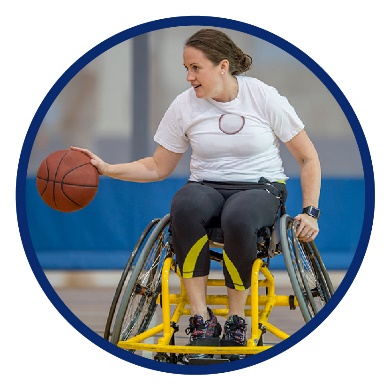 | In this Area of Life we talk about leisure activities, including:
|
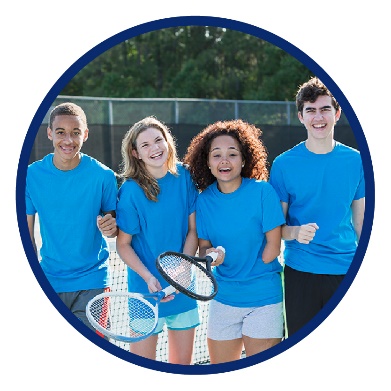 | Leisure activities can help:
|
| This section has information about: | |
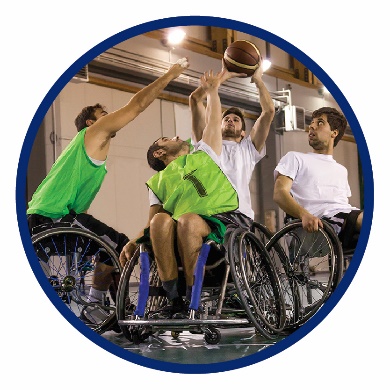 | SportsSports groups and programs for people with disability. |
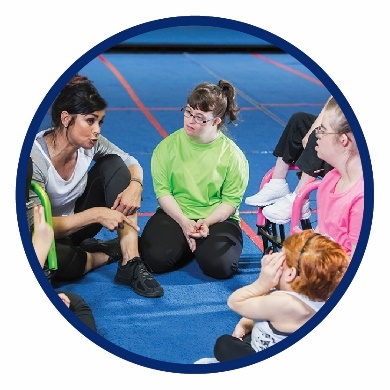 | Community programsLeisure activities run in your community. |
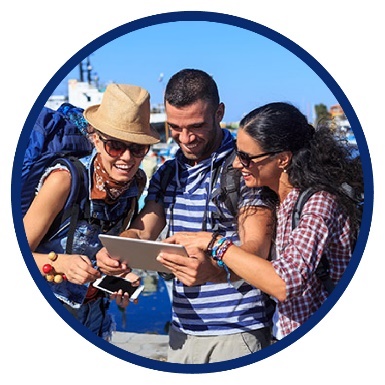 | Travel and going outCompanies and places that support people with disability. |
Key supports
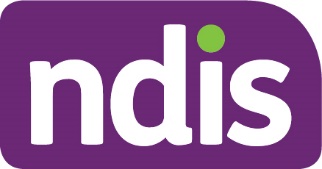 | The National Disability Insurance Scheme (NDIS) supports people with disability. If you want help with the NDIS, you can call them on 1800 800 110 |
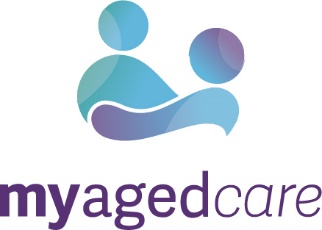 | My Aged Care supports older people. You can call My Aged Care on 1800 200 422 |
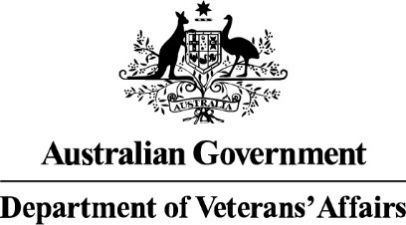 | The Department of Veterans’ Affairs supports veterans. We call this department DVA. A veteran is a person who served in the military. If you want help from DVA, you can call them on 1800 838 372 |
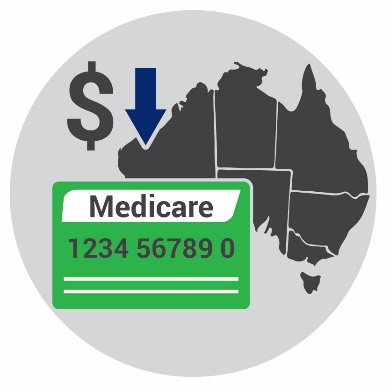 | Medicare is a program that gives all Australians health care at no cost or low cost. If you want help with Medicare, you can call them on 132 011 |
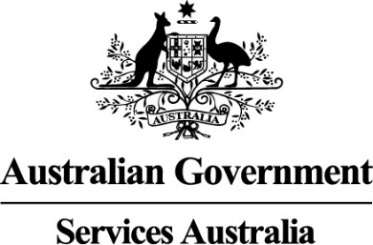 | Services Australia supports all Australians, including:
If you want help from Services Australia, you can call them on 132 717 |
 | The Carer Gateway supports families and carers who support another person. You can call the Carer Gateway on 1800 422 737 |
Head to Health can help you find information about mental health – for yourself or for someone you care about. You can visit the Head to Health website for more information. |
Key National Supports
You can also find information about the main types of support available in Australia. These are:
National Disability Insurance Scheme (NDIS), if you or someone you care for has disability
My Aged Care, if you or someone you care for is older
Department of Veterans’ Affairs, if you or someone you care for is a veteran
Carer Gateway, for people caring for someone with disability, a medical condition, mental illness or frail aged.
Australian Government, The Australian Government offers various support to families effected by the rising cost of living.
Services Australia, for Medicare / Centrelink / Child Support Services.
Head to Health can help you find mental health and wellbeing resources, for yourself or for someone you care about.
National Redress Scheme helps people access redress and can connect them to free confidential Redress Support Services.